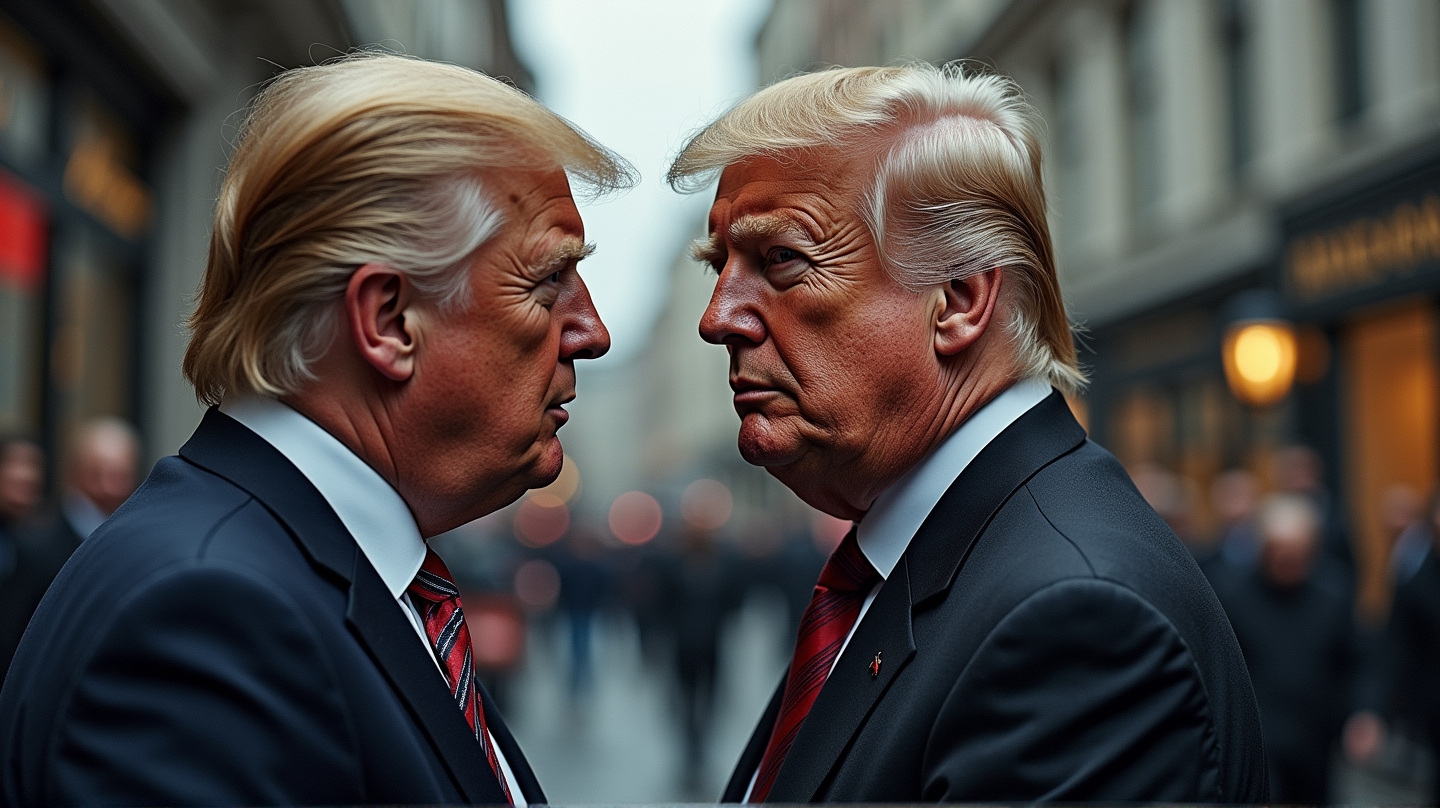Tensions Rise: Europe’s Far Right Grapples with Trump's Trade Tariffs
Europe's far-right parties are facing internal conflicts over Trump's trade war, with leaders expressing differing views on its impact.

Donald Trump’s aggressive trade tactics have stirred a storm within Europe’s far-right circles, leaving them divided and unsettled. The potential economic fallout from the tariffs is becoming a hot-button issue for these parties, traditionally aligned with Trump’s Maga movement.
Different Strokes for Different Folks
The far-right Alternative for Germany (AfD) is in the spotlight as it navigates this delicate terrain. Alice Weidel, the well-known leader, criticized Trump’s tariffs as overly aggressive. Her sentiment is echoed by many who value free trade as a backbone of economic progress. Yet, Tino Chrupalla, Weidel’s co-chair, stands firm, seeing Trump’s approach as a necessary tactic to spur negotiation and protect national interests. “President Trump wants to improve the US trade balance and stimulate industry,” he defends.
A European Dilemma
This discord is not isolated within Germany. Italy’s Prime Minister Giorgia Meloni has openly called Trump’s tariffs “a mistaken choice,” aligning herself with hopes for negotiated tax reliefs. Meanwhile, Matteo Salvini sees these tariffs as an entrepreneurial chance for Italy, though he has moderated his tone amid backlash.
Hungary and Portugal’s far-right leaders also express sympathy for Trump’s stance, considering it a strategic maneuver to gain more EU concessions. By contrast, France’s Marine Le Pen advocates for “intelligent protectionism,” seeking a middle ground that avoids outright support for Trump’s tactics while challenging Brussels’ trade policies.
The Bigger Picture
As politics play out, underlying ideological divisions come to the fore. The question isn’t simply about trade but about core values: neoliberal perspectives clash with ethics of protectionism within far-right ranks across Europe. According to Financial Times, this is part of a broader narrative of shifting alliances and ideals within euroscepticism and nationalism.
The Battle Within: Party Dynamics
AfD’s internal schism over free trade reflects a deeper historical tension. Originating as a protest against European bailouts, AfD now finds itself torn between neoliberal ambitions and calls for ethnic-nationalist protectionism. Despite the divide, party consensus on sovereignty and autocracy remains unyielding.
The Implications of Inaction
The AfD’s rising influence following recent election successes further underscores how such conflicts might shape European politics. Analysts warn that voter dissatisfaction could increase if Trump’s policies harm their economy. Far-right parties, like AfD, thrive on societal dissatisfaction. Thus, they might channel public denouncement into strategic political gains.
This trade war narrative is multifaceted, underpinned by philosophical divergencies, national ambitions, and real-world economic consequences. As Europe’s far-right factions wrestle with these themes, the future of their alignment with Trump’s America hangs in the balance.





